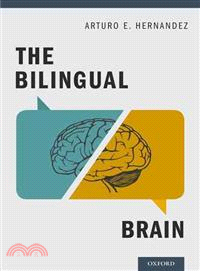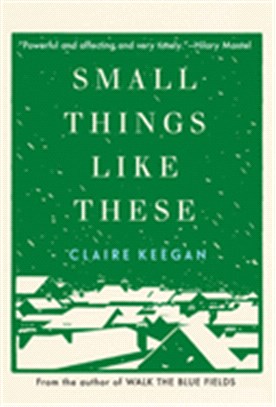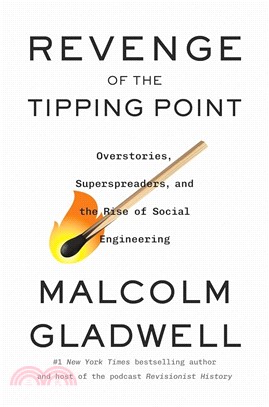The Bilingual Brain
商品資訊
ISBN13:9780199828111
出版社:Oxford Univ Press USA
作者:Arturo E. Hernandez
出版日:2013/09/27
裝訂/頁數:精裝/224頁
規格:23.5cm*16.5cm*1.9cm (高/寬/厚)
定價
:NT$ 3268 元優惠價
:90 折 2941 元
無庫存,下單後進貨(到貨天數約30-45天)
下單可得紅利積點:88 點
商品簡介
作者簡介
相關商品
商品簡介
Cases of language loss and recovery bring up an intriguing paradox. If two languages are stored in the brain, how can it be that a person can lose one of them, but not the other, and then gain one back without relearning it? The traditional models of how a language is represented in the brain suggest that languages can become inaccessible, even though they are not entirely lost. As the author demonstrates through fascinating cases, stress--whether due to foreign language immersion, sleep deprivation, or brain damage--can lead to the apparent loss of one language, but not the other. Arturo Hernandez presents the results of 25 years of research into the factors that might help us to understand how two (or more) languages are stored in one brain. It is clear that the brain is not egalitarian--some languages are privileged and others are not, but why?
Hernandez will extend recent work that has begun to take a biological or natural systems approach. He proposes that, in bilinguals, two languages live inside a brain almost like two species live in an ecosystem. For the most part they peacefully co-exist and often share resources. But they also compete for resources, particularly when under stress. Although there are still many questions to answer and many puzzles to solve, Hernandez argues that the nonlinear dynamical models, which have been used to uncover the underlying mechanisms seen in natural systems and more recently in language and cognition, can be used to shed considerable light on the neural bases of bilingualism.
Hernandez will extend recent work that has begun to take a biological or natural systems approach. He proposes that, in bilinguals, two languages live inside a brain almost like two species live in an ecosystem. For the most part they peacefully co-exist and often share resources. But they also compete for resources, particularly when under stress. Although there are still many questions to answer and many puzzles to solve, Hernandez argues that the nonlinear dynamical models, which have been used to uncover the underlying mechanisms seen in natural systems and more recently in language and cognition, can be used to shed considerable light on the neural bases of bilingualism.
作者簡介
Arturo Hernandez is currently Professor of Psychology and Director of the Developmental Cognitive Neuroscience graduate program at the University of Houston. He received his PhD in Cognitive Science and Psychology from the University of California, San Diego in 1996 working with Elizabeth Bates, one of the premier developmental psychologists in the world. His major research interest is in the neural underpinnings of bilingual language processing and second language acquisition in children and adults. He has used a variety of neuroimaging methods as well as behavioral techniques to investigate these phenomena which have been published in a number of peer reviewed journal articles. His research is currently funded by a grant from the National Institutes of Child Health and Human Development. Hernandez's interest in language learning has also been informed by having learned four languages at various points during his life. He learned Spanish and English simultaneously as a child, spending the school year at home in California and each summer in Mexico. At the age of 20, he spent two years in Brazil during which he became fluent in Portuguese. His more recent visits to Germany have the added benefit of lending personal insight into language learning well beyond the college years.
主題書展
更多
主題書展
更多書展今日66折
您曾經瀏覽過的商品
購物須知
外文書商品之書封,為出版社提供之樣本。實際出貨商品,以出版社所提供之現有版本為主。部份書籍,因出版社供應狀況特殊,匯率將依實際狀況做調整。
無庫存之商品,在您完成訂單程序之後,將以空運的方式為你下單調貨。為了縮短等待的時間,建議您將外文書與其他商品分開下單,以獲得最快的取貨速度,平均調貨時間為1~2個月。
為了保護您的權益,「三民網路書店」提供會員七日商品鑑賞期(收到商品為起始日)。
若要辦理退貨,請在商品鑑賞期內寄回,且商品必須是全新狀態與完整包裝(商品、附件、發票、隨貨贈品等)否則恕不接受退貨。


















![Wicked [Movie Tie-In]:魔法壞女巫電影原著](https://cdnec.sanmin.com.tw/product_images/006/006285284.jpg)





